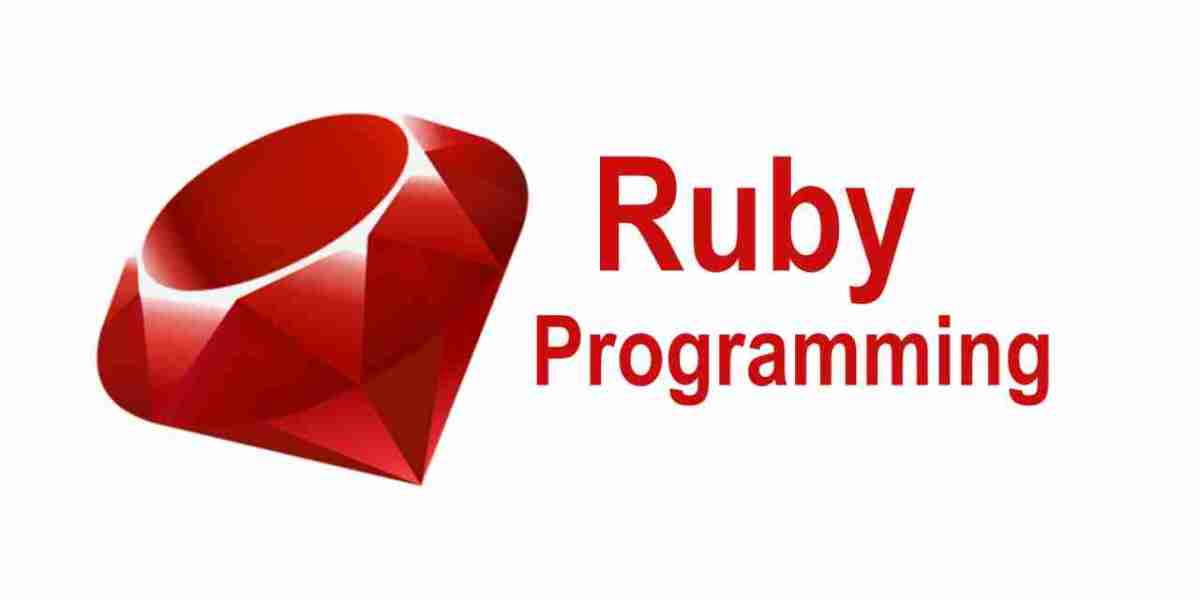Ruby is a dynamic, object-oriented programming language known for its simplicity and productivity. Created by Yukihiro Matsumoto, Ruby emphasizes ease of use and elegant code, making it a popular choice for developers looking for a language that's both powerful and enjoyable to work with.
Key concepts in Ruby include:
Object-Oriented: Ruby is a pure object-oriented language where everything is an object, including numbers, strings, and even classes. This approach allows for a consistent and intuitive way of interacting with different data types and structures.
Syntax: Ruby's syntax is designed to be clean and readable. It often resembles natural language, which makes it easy for developers to write and understand code. Ruby allows for flexible code formatting, which can improve code clarity.
Classes and Objects: In Ruby, classes are blueprints for creating objects. A class defines the properties (attributes) and methods (functions) that its objects will have. Objects are instances of classes and can interact with each other through methods.
Methods: Methods in Ruby are used to define behaviors and actions that objects can perform. Methods are defined within classes and can be called on objects to execute specific tasks. Ruby supports both instance methods (associated with an instance of a class) and class methods (associated with the class itself).
Blocks and Iterators: Ruby supports blocks, which are chunks of code that can be passed to methods and executed within those methods. Blocks are commonly used with iterators, such as loops and enumerable methods, to perform operations on collections of data.
Dynamic Typing: Ruby is dynamically typed, meaning that variables do not have fixed types and can change during runtime. This flexibility allows for more concise and expressive code but requires careful handling to avoid type-related errors.
Garbage Collection: Ruby includes automatic garbage collection, which manages memory by automatically freeing up unused objects. This helps to reduce memory leaks and improve application performance.
Exception Handling: Ruby provides a robust mechanism for handling exceptions using
begin,rescue,ensure, andelseblocks. This allows developers to handle errors gracefully and maintain application stability.Gems: Ruby’s package manager, RubyGems, allows developers to easily install and manage libraries and applications called gems. Gems extend Ruby's functionality and provide tools and frameworks for various tasks.
Ruby on Rails: Ruby on Rails, often simply called Rails, is a powerful web application framework built with Ruby. It follows the convention over configuration (CoC) and don't repeat yourself (DRY) principles, which streamline web development by providing a structured and efficient way to build web applications.
Ruby’s emphasis on simplicity, productivity, and a friendly programming environment has made it a popular choice for web development, scripting, and various other applications. Its elegant syntax and powerful features contribute to its reputation as a developer-friendly language.



















































